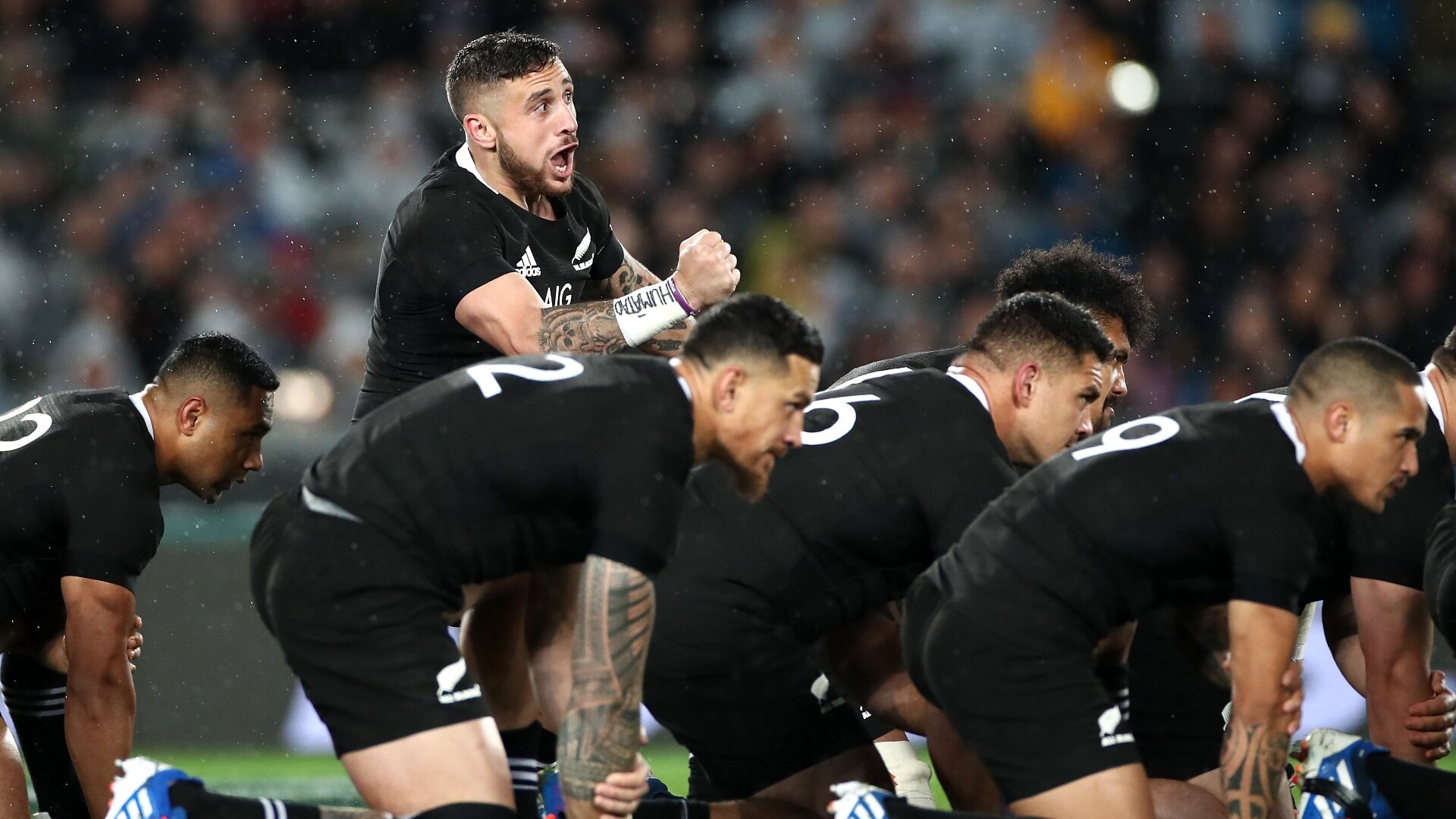New Zealand rugby braces for winter

Winter is coming in New Zealand, one of the world strongholds of rugby.
In normal circumstances, that would be celebrated by fans as the season moves into high gear, but with the outbreak of the coronavirus there are mounting concerns that it could be a long winter either without New Zealand’s national sport or a drastically reduced schedule.
WATCH: Jim Hamilton is joined by Italy International and Benetton player Ian Mckinley to discuss the effects of COVID19 on the everyday life of a rugby player living in Italy.
Super Rugby is suspended indefinitely, while three of New Zealand’s five Super Rugby franchises – the Highlanders, Chiefs and Crusaders – have already had to self-isolate after returning from matches overseas.
Even local club rugby, which usually fills playing fields in cities and towns around New Zealand at this time of year, has been suspended.
Just a few weeks ago, if most fans had been asked about the state of New Zealand rugby, they would have said it was in decent shape.
New Zealand may not have won last year’s World Cup as it was expected to do but its teams continue to perform well in Super Rugby, in the World Sevens Series and in other tournaments.
New Zealand Rugby has been working since the suspension of Super Rugby to put together an alternative competition for its teams, both to provide those teams with the possibility of income, to provide its broadcast partners with content and fans with rugby.
But the dramatic response to the virus in New Zealand makes many of those moves impractical, as public gatherings are limited or banned and non-essential travel is discouraged.
Then there is the danger the virus could be transmitted among players in a contact sport.
New Zealand Rugby chief executive Mark Robinson said his organisation was taking medical advice as it considered alternative competitions.
“Everyone is aligned – first thing first is the safety of people,” Robinson said.
Some New Zealand fans may not be aware that New Zealand’s Super Rugby teams might be in a perilous financial state if the current shutdown continues.
New Zealand Ru gby may have to dig deep into its financial reserves, even exhaust them, to keep teams well through a long winter.
“We’re working through those scenarios as we speak,” Robinson said in a media call this week.
“There are a number of different scenarios . essentially we’ve got to make this work.
“We own the responsibility for the future financial viability of the game, we know we’ve got some incredibly challenging times and some significant head-winds in front of us but we’re confident we can work through it.”
Robinson was confident Super Rugby itself would weather the storm.
“Super Rugby is a world-class competition and despite some of the feedback early on in the season we’ve seen in recent times the quality of the rugby is outstanding,” he said.
“Absolutely we believe it’s a competition that’s got a future.”
AAP














































